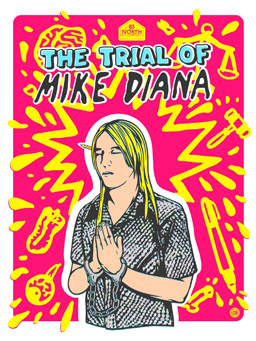 After my first two films last Saturday, I left the large Hall Theatre to see a documentary in the 150-plus-seat De Sève Theatre across the street. The documentary was called Boiled Angels, and it presented the case of zinester and comics creator Mike Diana, whose transgressive work led to him being arrested and put on trial in Florida in the 1990s. I’d followed Diana’s plight at the time through reports in The Comics Journal, and was intrigued to learn more about it now. But if I personally was interested in the film as a look at comics history, I was surprised to find that much of the rest of the crowd was drawn by the chance to see new work by horror director Frank Henenlotter, creator of works like Bad Biology, Frankenhooker, Brain Damage, and Basket Case.
After my first two films last Saturday, I left the large Hall Theatre to see a documentary in the 150-plus-seat De Sève Theatre across the street. The documentary was called Boiled Angels, and it presented the case of zinester and comics creator Mike Diana, whose transgressive work led to him being arrested and put on trial in Florida in the 1990s. I’d followed Diana’s plight at the time through reports in The Comics Journal, and was intrigued to learn more about it now. But if I personally was interested in the film as a look at comics history, I was surprised to find that much of the rest of the crowd was drawn by the chance to see new work by horror director Frank Henenlotter, creator of works like Bad Biology, Frankenhooker, Brain Damage, and Basket Case.
Boiled Angels is his third documentary, and boasts interviews with comics luminaries like Neil Gaiman, Steve Bissette (Taboo, Tyrant, art on Alan Moore’s Swamp Thing run), Peter Kuper (The System, World War 3 Illustrated), and Peter Bagge (Hate). It’s narrated by Jello Biafra, and does a strong job in tracking down and interviewing people who were involved with Diana’s case nearly twenty-five years ago. We see and hear from Diana’s parents, from the prosecutors, from journalists, even from one of the women who protested Diana at the courtroom. They speak to an off-camera interviewer we don’t hear; we also see Diana himself, describing his background and life. Diana’s comics are dramatised by a live reading by the creator, the camera focussing on the panels as Diana reads out the dialogue. Other segments of the film, particularly early on, give background on things like the history of horror comics, underground comics, and early-90s zine culture. And there are clips of talk shows and news shows dealing with Diana’s case.
There’s not much debate over what actually happened to Diana. In the early 1990s, when he was in his early and mid 20s, he sold a few hundred copies of his obscure comics zine Boiled Angel through the mail. The content of the zine was brought to the attention of the Florida authorities (although there’s a minor dispute about how). Diana had written and drawn comics filled with horror, rape, mutilation, and various kinds of unpleasantness; seemingly as many kinds of unpleasantness as he could think of. For doing so, he was arrested, tried, and found guilty of obscenity. He was fined and put on probation. Drawing comics would potentially violate his probation and cause him to be thrown in jail. And he was subject to warrantless searches to ensure he was not in fact drawing. In other words: the legal authorities forbade an American artist from making art.
…
Read More Read More
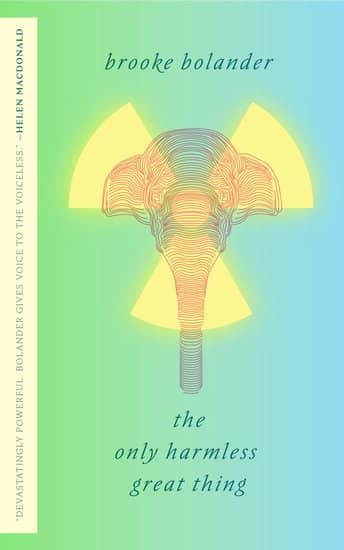

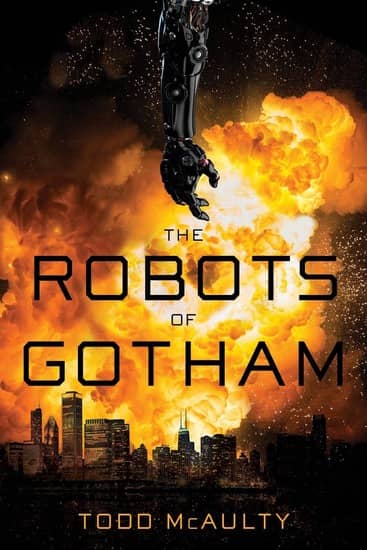
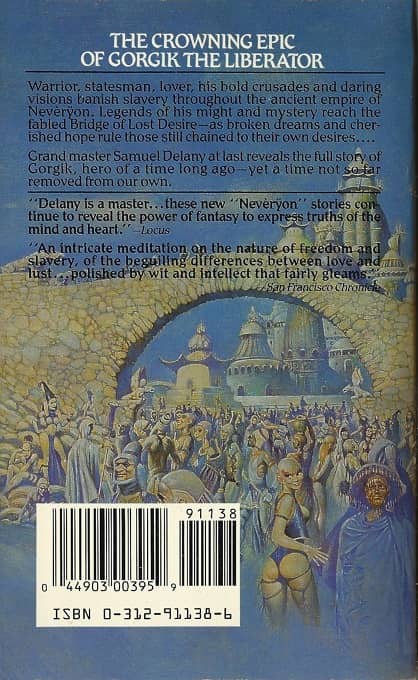
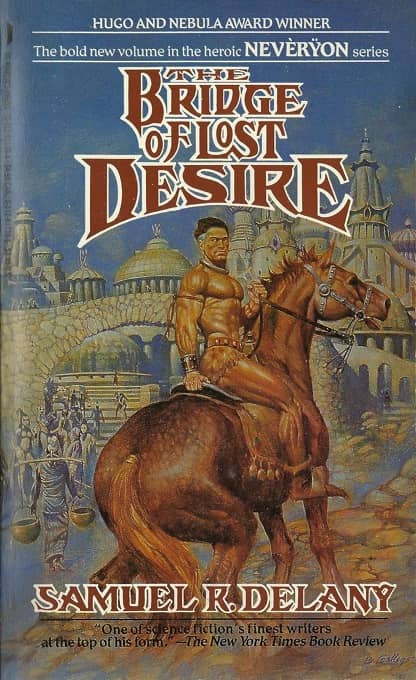
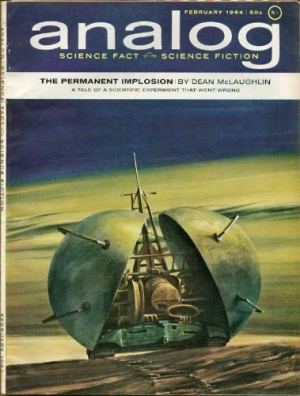
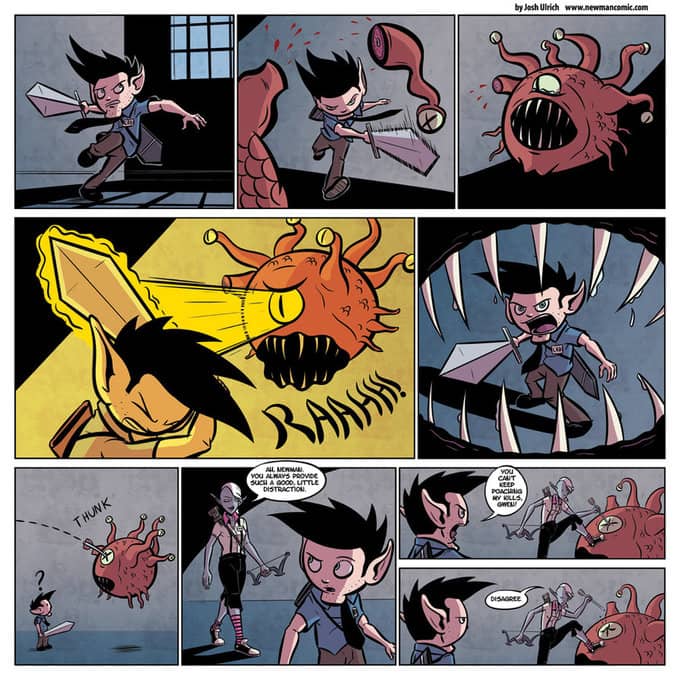

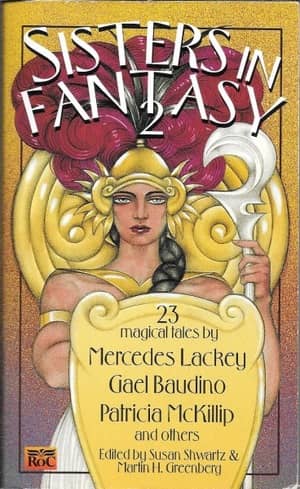
 After my first two films last Saturday, I left the large Hall Theatre to see a documentary in the 150-plus-seat De Sève Theatre across the street. The documentary was called Boiled Angels, and it presented the case of zinester and comics creator Mike Diana, whose transgressive work led to him being arrested and put on trial in Florida in the 1990s. I’d followed Diana’s plight at the time through reports in The Comics Journal, and was intrigued to learn more about it now. But if I personally was interested in the film as a look at comics history, I was surprised to find that much of the rest of the crowd was drawn by the chance to see new work by horror director Frank Henenlotter, creator of works like Bad Biology, Frankenhooker, Brain Damage, and Basket Case.
After my first two films last Saturday, I left the large Hall Theatre to see a documentary in the 150-plus-seat De Sève Theatre across the street. The documentary was called Boiled Angels, and it presented the case of zinester and comics creator Mike Diana, whose transgressive work led to him being arrested and put on trial in Florida in the 1990s. I’d followed Diana’s plight at the time through reports in The Comics Journal, and was intrigued to learn more about it now. But if I personally was interested in the film as a look at comics history, I was surprised to find that much of the rest of the crowd was drawn by the chance to see new work by horror director Frank Henenlotter, creator of works like Bad Biology, Frankenhooker, Brain Damage, and Basket Case. 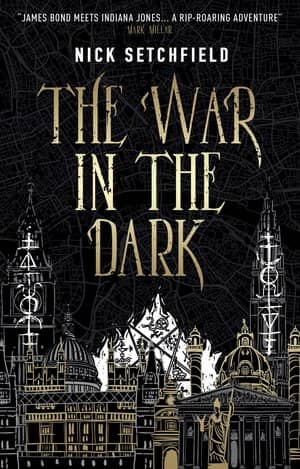
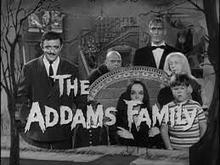 In my last couple of posts I’ve looked at
In my last couple of posts I’ve looked at 